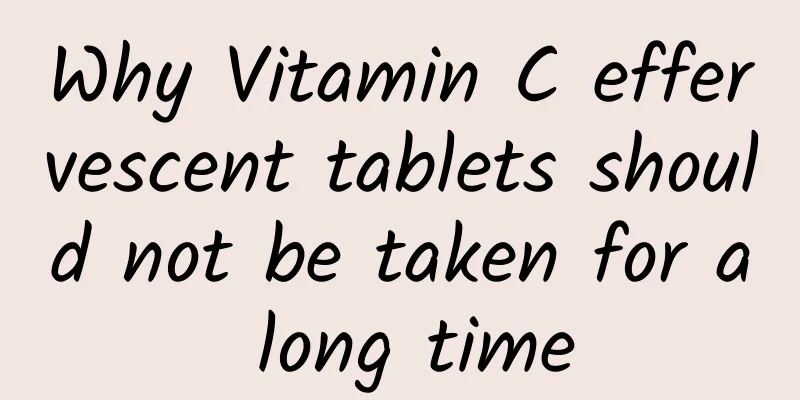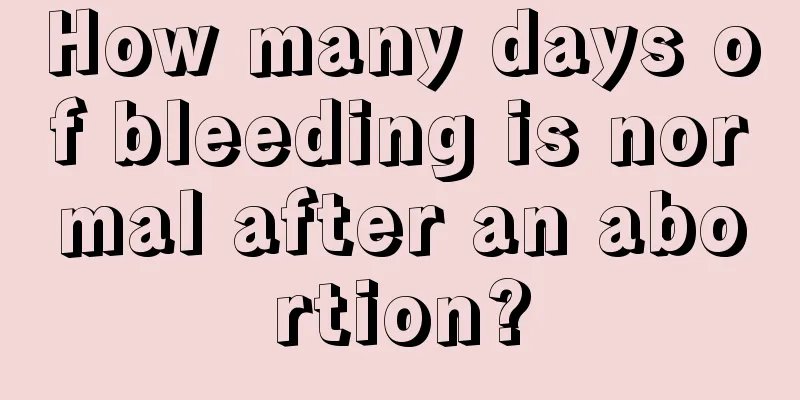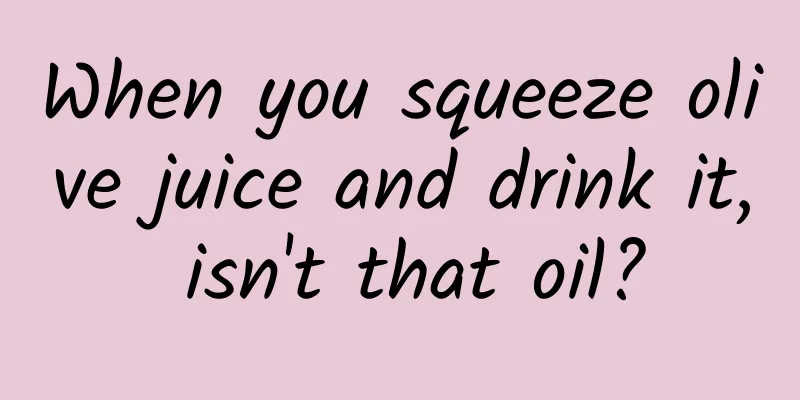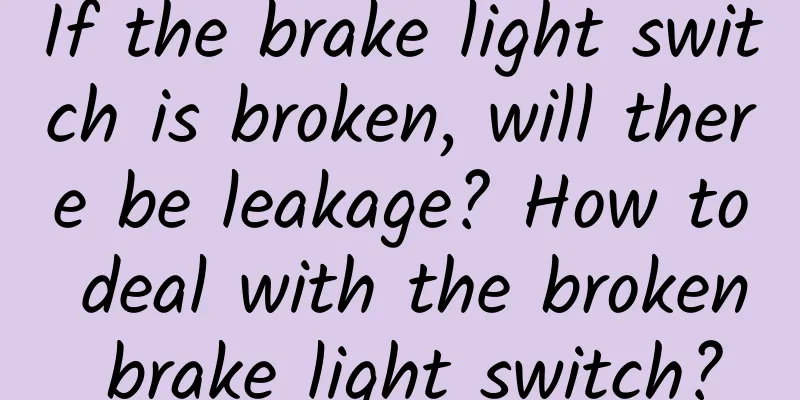Why Vitamin C effervescent tablets should not be taken for a long time

|
In daily life, many people take vitamin C effervescent tablets to prevent colds. Some people also think that vitamin C preparations such as effervescent tablets can be used to replace fruits. However, although vitamin C effervescent tablets are convenient and taste good, they are not suitable for daily use. Vitamin C is a water-soluble vitamin that cannot be synthesized by the human body and can only be taken in from the outside. Vitamin C can help the body absorb nutrients such as iron and calcium, and can also improve resistance to a certain extent. Generally speaking, 30 mg of vitamin C per day can meet the body's metabolic needs. If you take too much vitamin C, it will bring side effects to the body, which may cause nausea, vomiting, diarrhea, abdominal pain, rash and other problems, and may also affect the body's immune system. In addition, excessive intake of vitamin C will also lead to an increase in the metabolite oxalic acid, which can cause urinary stones. Long-term and large-scale use of vitamin C can easily lead to vitamin C deficiency once it is stopped, which is generally manifested as bleeding gums in the morning, or subcutaneous ecchymoses in severe cases. If 2500-5000mg or even higher vitamin C is taken at one time, it may cause a large number of red blood cells to rupture, resulting in hemolysis and other critical phenomena. Vitamin C effervescent tablets work best when brewed with warm water at about 40°C. Drink it immediately after brewing. When you have a cold, take it once a day for about 3-5 days. The upper limit of daily intake is 1 gram. If each tablet contains 1 gram of vitamin C, you can take no more than 1 tablet a day. Brush your teeth and rinse your mouth immediately after drinking to avoid damage to your teeth. In addition, effervescent tablets should be taken only after they are completely dissolved or the bubbles disappear, to prevent undisintegrated drugs from entering the mouth, esophagus or stomach and continuing to disintegrate, causing discomfort such as abdominal bloating, abdominal pain, and hiccups. It should be noted that vitamin C effervescent tablets are drugs and should not be used at the same time as other drugs, nor should they be mixed with tea, beverages, etc. It is best to consult a doctor or pharmacist before taking them to reduce the occurrence of adverse reactions. (Jin Kaiyi) |
<<: Spotlight on small businesses and app developers on the App Store
>>: CleverTap: Women account for 54% of e-commerce app usage in India
Recommend
Why are the boundaries of breast nodules not clear?
There are many reasons that can cause endocrine d...
How to discharge lochia_How to discharge lochia completely
After giving birth, the mother's lower body w...
The chances of natural conception over 40 years old
I believe that many women know that with the incr...
Can I push if I am constipated after an abortion?
In the case of unexpected pregnancy, many young c...
What causes no follicles?
The egg is composed of an oocyte in the ovarian c...
Can girls get pregnant unexpectedly during their safe period?
In order to avoid pregnancy, many women choose to...
Can I eat glutinous rice during confinement?
Television programs are very good communication t...
What is the success rate of fallopian tube recanalization?
Fallopian tube recanalization is a common operati...
Does hydatidiform mole have a fetal bud?
Some friends suffer from hydatidiform mole and ha...
How to perform hysteroscopy and is it painful?
Hysteroscopy is a common medical examination meth...
Breast hyperplasia? Endocrine disorders cause trouble
The main symptoms of patients with breast hyperpl...
Can I take anti-inflammatory drugs during my period?
In fact, the probability of women suffering from ...
Frequent urination, bedwetting, cold hands and feet, check if your child has insufficient middle and lower jiao
A story I have only had intravenous drips once si...
What causes endocrine disorders in women?
Each of us must pay enough attention to the situa...









